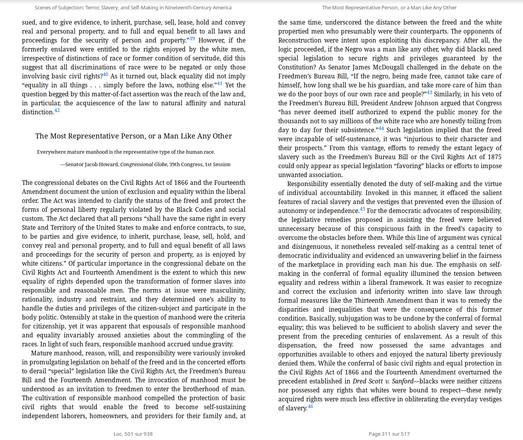Zeitpunkt Nutzer Delta Tröts TNR Titel Version maxTL Di 23.07.2024 00:01:01 9.871 0 549.028 55,6 Climate Justice Social 4.2.1... 5.000 Mo 22.07.2024 00:00:33 9.871 0 548.116 55,5 Climate Justice Social 4.2.1... 5.000 So 21.07.2024 00:00:00 9.871 +1 546.944 55,4 Climate Justice Social 4.2.1... 5.000 Sa 20.07.2024 00:01:12 9.870 0 546.136 55,3 Climate Justice Social 4.2.1... 5.000 Fr 19.07.2024 14:00:42 9.870 +1 548.300 55,6 Climate Justice Social 4.2.1... 5.000 Do 18.07.2024 00:01:09 9.869 +1 547.299 55,5 Climate Justice Social 4.2.1... 5.000 Mi 17.07.2024 00:01:11 9.868 0 546.449 55,4 Climate Justice Social 4.2.1... 5.000 Di 16.07.2024 00:01:10 9.868 0 545.594 55,3 Climate Justice Social 4.2.1... 5.000 Mo 15.07.2024 00:01:09 9.868 0 544.708 55,2 Climate Justice Social 4.2.1... 5.000 So 14.07.2024 00:01:08 9.868 0 543.813 55,1 Climate Justice Social 4.2.1... 5.000
dana hiliot (@danahilliot) · 08/2023 · Tröts: 7.493 · Folger: 901
Di 23.07.2024 23:13
There are some quotes that seem so incredible that they transparently explain ideologies that we are usually careful to conceal under veils of cautious rhetoric.
It's 1866, and the big topic is the Fourteenth Amendment to the U.S. Constitution, aimed at protecting the rights of former African-American slaves emancipated by the Thirteenth Amendment, particularly in the southern states.
Senator Howard's sentence is quoted as the exergue of a chapter in Saydiya Hartman's book Scenes of subjection.
“Everywhere mature manhood is the representative type of the human race.”
-Senator Jacob Howard, Congressional Globe, 39th Congress, 1st Session
(Unfortunately, I couldn't find the text in the Congressional Globe Proceedings (which can be found as a PDF on archive.org or the Library of Congress). If anyone is more gifted than I, I'd be happy to have the text of the Senator's entire speech)
What's fascinating about this declaration is that it establishes exactly who is the “free” subject (who never needed to be emancipated) fully enjoying the rights of American citizenship (which he invented for himself, as a bourgeois landowner). And that, in the same gesture, it relegates all others, starting with blacks, former slaves, but also women (not to mention black women who suffer, as under the slave regime, a “double penalty”), but also the “poor” (who certainly don't have access to the wisdom that “maturity” brings), that it thus relegates them to the status of insufficient, uncertain, incomplete, failing political subject.
In the same movement, we hear the articulation of white supremacism, masculinism and the feeling of bourgeois superiority (inscribed in a regime of “natural” inequalities). But also the very foundations of liberal capitalism (not just American).
1866, certainly.
But there's nothing anachronistic about Senator Howard's statement. You only have to listen to the explicit proponents of white supremacism to hear it today (and if you listen hard enough, you'll hear it in many corridors, back alleys and near coffee machines).
Attached below is the beginning of the chapter in which Saidiya Hartman comments on this quote and the debates that took place around the 14th Amendment.

Saidiya Hartman, Scenes of Subjection: Terror, Slavery, and Self-Making in Nineteenth-Century America (W. W. Norton & Company, 1997)
[Öffentlich] Antw.: 0 Wtrl.: 1 Fav.: 1 · via Web